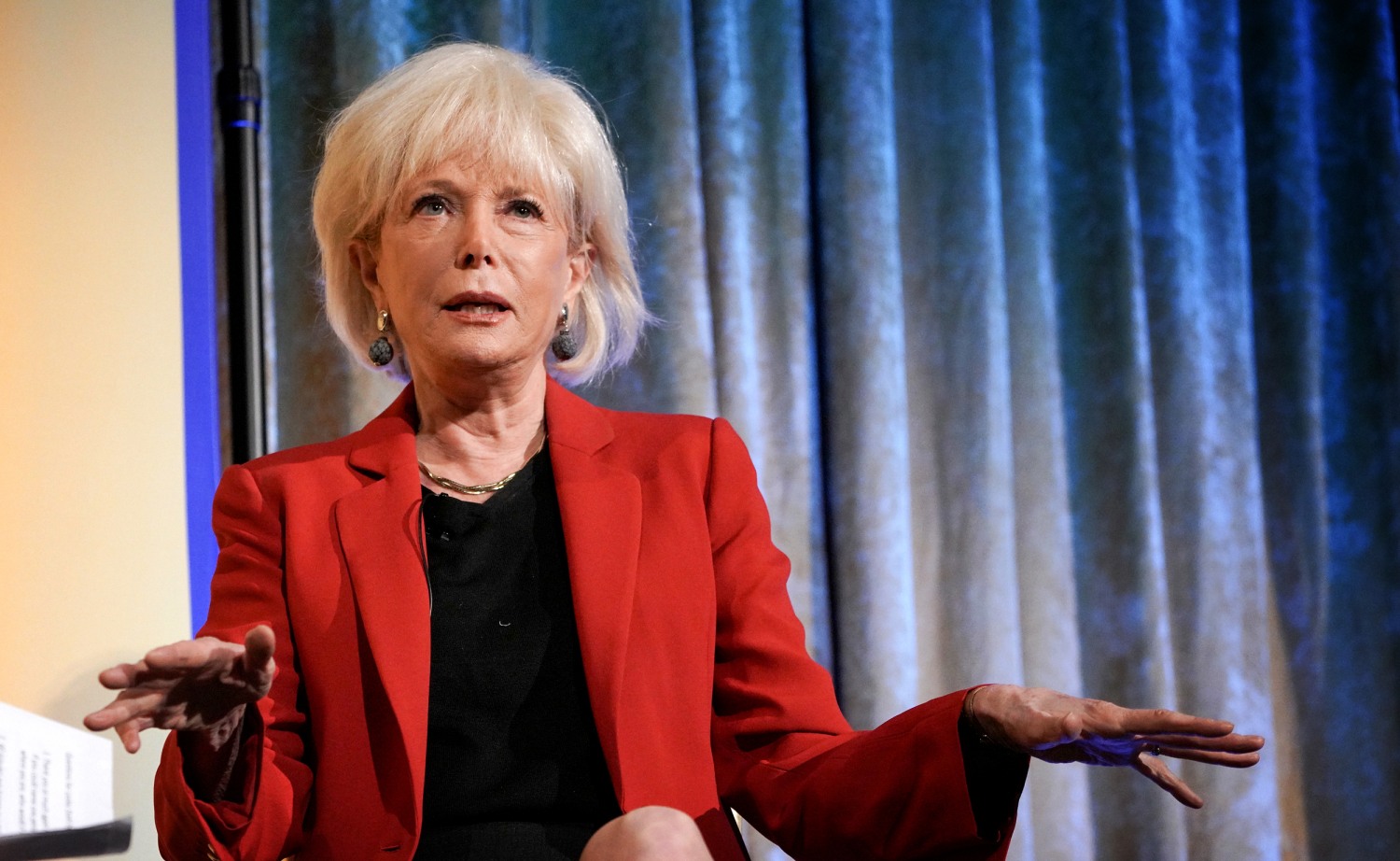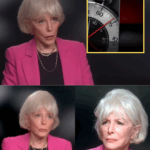 In a dramatic turn that has shaken the media landscape, legendary 60 Minutes journalist Lesley Stahl has publicly condemned CBS and its parent company, Paramount Global. During a fiery May 30, 2025, appearance on The New Yorker Radio Hour, the 82-year-old veteran accused CBS chair Shari Redstone of betraying the network’s journalistic principles. Stahl claimed corporate interference is eroding free reporting, risking her own storied career to issue the warning.
In a dramatic turn that has shaken the media landscape, legendary 60 Minutes journalist Lesley Stahl has publicly condemned CBS and its parent company, Paramount Global. During a fiery May 30, 2025, appearance on The New Yorker Radio Hour, the 82-year-old veteran accused CBS chair Shari Redstone of betraying the network’s journalistic principles. Stahl claimed corporate interference is eroding free reporting, risking her own storied career to issue the warning.
Her comments come amid a $20 billion lawsuit from former President Donald Trump against the network, intensifying concerns that CBS’s credibility—and the future of American journalism—hang in the balance.
Anger Over Executive Exit and Editorial Pressure

Stahl’s outburst followed the abrupt April 2025 resignation of 60 Minutes executive producer Bill Owens, who cited “corporate encroachments” on editorial decisions. “I’m done staying silent,” Stahl declared, her voice charged with emotion.
She accused CBS leadership of pressuring journalists to soften or alter coverage of sensitive topics, including the ongoing Gaza conflict and an edited Kamala Harris interview that is now central to Trump’s lawsuit alleging voter deception.
“When a network bends to corporate demands, it’s not just compromising a story—it’s betraying the First Amendment,” she warned. Stahl suggested that CBS’s willingness to yield to political and financial pressures threatens both its legacy and its audience’s trust.
Corporate Turmoil and Mounting Backlash
The controversy comes at a critical time for Paramount, which is navigating an $8 billion merger with Skydance Media. Public backlash is growing over reports that the company is preparing to settle Trump’s lawsuit, a move Stahl labeled “a surrender to power.”
Insiders hint that Stahl may not be finished. She is reportedly considering releasing internal memos and previously suppressed stories that could expose CBS’s internal struggles. Her revelation that staff nearly staged a walkout after Owens’ departure has fueled speculation of a broader newsroom revolt.
Public Reaction Splits Along Party Lines
Social media quickly ignited under the hashtag #StandWithStahl, with many praising her defiance as a fight for “journalism’s soul.” One supporter on X (formerly Twitter) posted, “Lesley’s standing up for all of us who still believe in the truth.”
Conservative media outlets, meanwhile, dismissed her statements as “grandstanding,” portraying the dispute as an internal power struggle rather than a principled stand. Yet, in an era of record-low media trust, Stahl’s allegations have struck a nerve with audiences wary of corporate influence in the news.
A Defining Moment for Media Integrity
As the industry braces for fallout, Stahl’s stance has become a rallying cry: journalism must resist outside pressures or risk losing its purpose. After more than 50 years in the field, her willingness to challenge her own network underscores a deepening crisis in American media—one where corporate consolidation, political influence, and public skepticism collide.
Whether she follows through with further disclosures could determine not just CBS’s future, but the boundaries of press freedom in an era of unprecedented scrutiny.
News
“IT WAS ALL A SETUP” – Malcolm-Jamal Warner’s Wife FINALLY Breaks the Silence on His D.ea/th, EXPOSING What Really Happened on That Ch.ill/ing Day
The world was left stunned when Malcolm-Jamal Warner, the beloved actor who brought warmth and intelligence to millions as Theo…
“THIS DOESN’T ADD UP” – David Muir Unexpectedly Breaks Silence on Malcolm-Jamal Warner’s Sh.ocking D.ea/th, EXPOSING the Te.rri/fying TRUTH Live on Air
The entertainment world is still reeling from the sudden death of Malcolm-Jamal Warner, the actor who rose to fame as…
No statements. No social media posts. No public mourning. Malcolm-Jamal Warner’s Wife Remained COMPLETELY SILENT after His Sudden D.ea/th — and the SH0CKING Reason Behind it Left Hollywood SPEECHLESS
Malcolm-Jamal Warner’s Tragic Death Sparks Suspicion and Online Conspiracy Theories The entertainment world is reeling after the sudden and mysterious…
David Muir Interrupts Show to Bring Emergency Update with Ho.rror Scenes of Flash F.looding and Th.understorms
David Muir interrupts show to bring emergency update with horror scenes During ABC World News Tonight, David Muir interrupted the…
David Muir Unexpectedly Breaks Silence on His Marriage Live on Air, and It’s UNBELIEVABLE!
Is David Muir married? Inside the ABC news anchor’s personal life and relationships As the host of ABC World News…
GREAT NEWS TODAY! Hoda Kotb and Her Daughters Welcome a New Family Member to Their $2.9 Million Home
Hoda Kotb and Her Daughters Welcome a New Family Member to Their $2.9 Million Home: ‘Meet Our Newest Addition!’ Former…
End of content
No more pages to load










